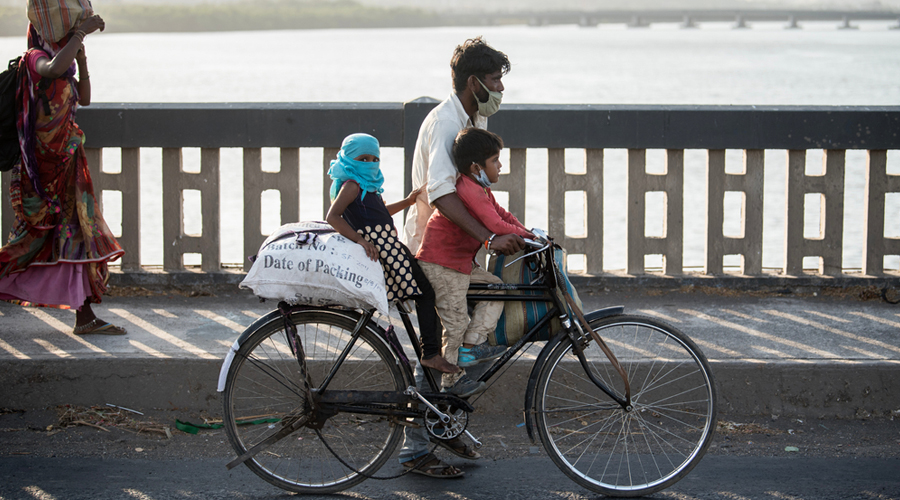The invisibility of India’s migrant constituency starts to dissipate when their numbers become apparent. This happened when thousands of migrant workers, pushed to desperation by the loss of jobs owing to the pandemic and the subsequent lockdown last year, were forced to make arduous journeys on foot back to their home states. Suddenly a suffering people erupted on the national radar although their labour has, for decades, propelled the nation’s growth. Nearly 80 per cent of migrant workers in the informal sector lost their jobs and many casualties were reported during their march home. Yet the government, in another telling show of indifference, informed Parliament recently that it is ‘still collecting’ data on the number of deaths of migrant workers.
Addressing the plight of such a mobile, diffused but significant section of the population requires an understanding of complex, intersecting issues. The Niti Aayog’s draft policy on migrant workers is thus a welcome initiative. It highlights some of the most pressing problems plaguing migrant labour: loopholes in existing legislations designed to protect the constituency from exploitation; the absence of a rights-based approach towards empowerment; lack of development in home states and access to dignified, well-paid jobs that lead them to migrate in the first place, and so on. Hearteningly, the draft makes valuable suggestions to address the problem. For instance, given the weaknesses inherent to the Inter State Migrant Workers Act, 1979, the draft calls for a comprehensive law that would safeguard the rights of all migrant workers and form the legal basis for building a social security system. This is crucial on several counts, not least of which is that internal migrants are not registered as voters in their places of work, thereby pushing them to the margins of welfare initiatives that invariably prioritize local population over migrants. But enumeration and social security would not be enough. Affirmative action must take place at the policy level to treat migrants as equal citizens with secure access to basic entitlements such as food, education, healthcare and labour rights. But such a recognition is unlikely to come to pass unless the State acknowledges that the welfare of the nation is inextricably linked to that of the migrant worker.











